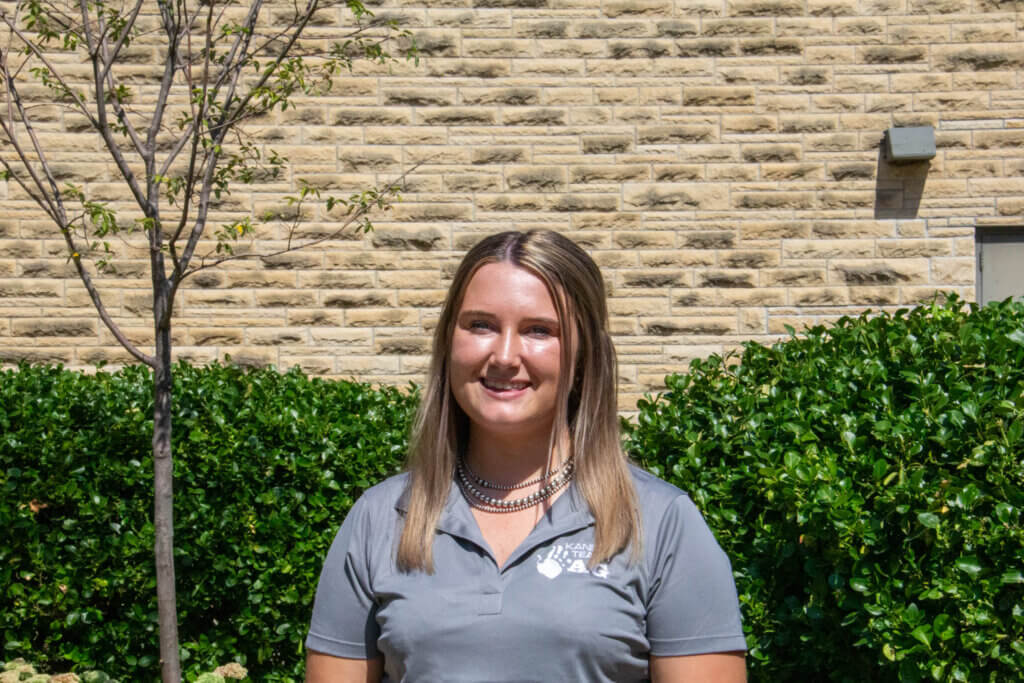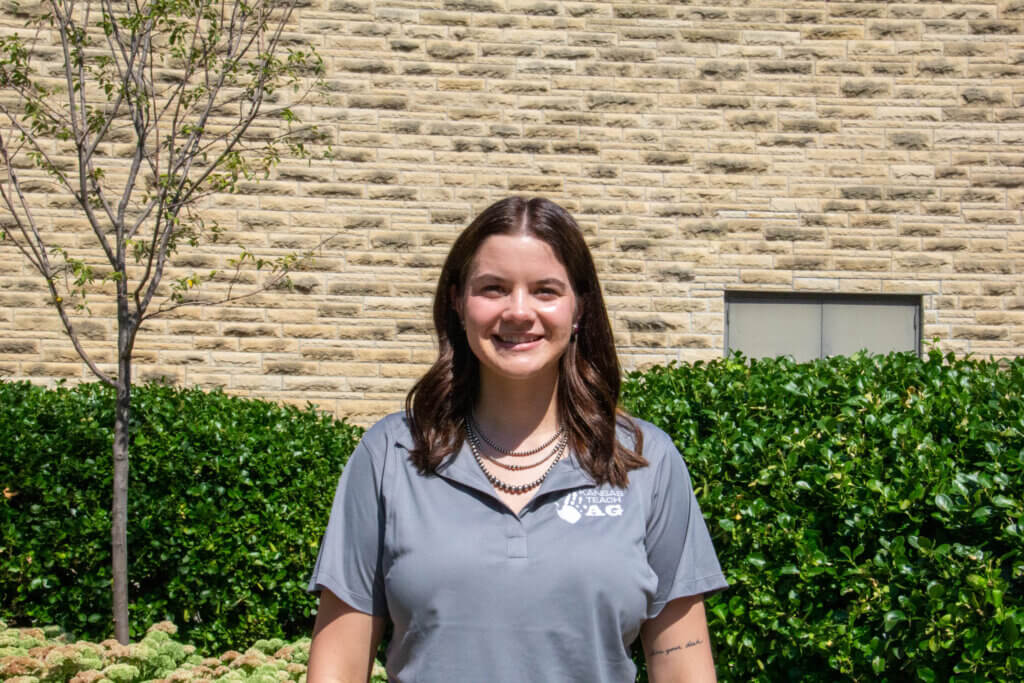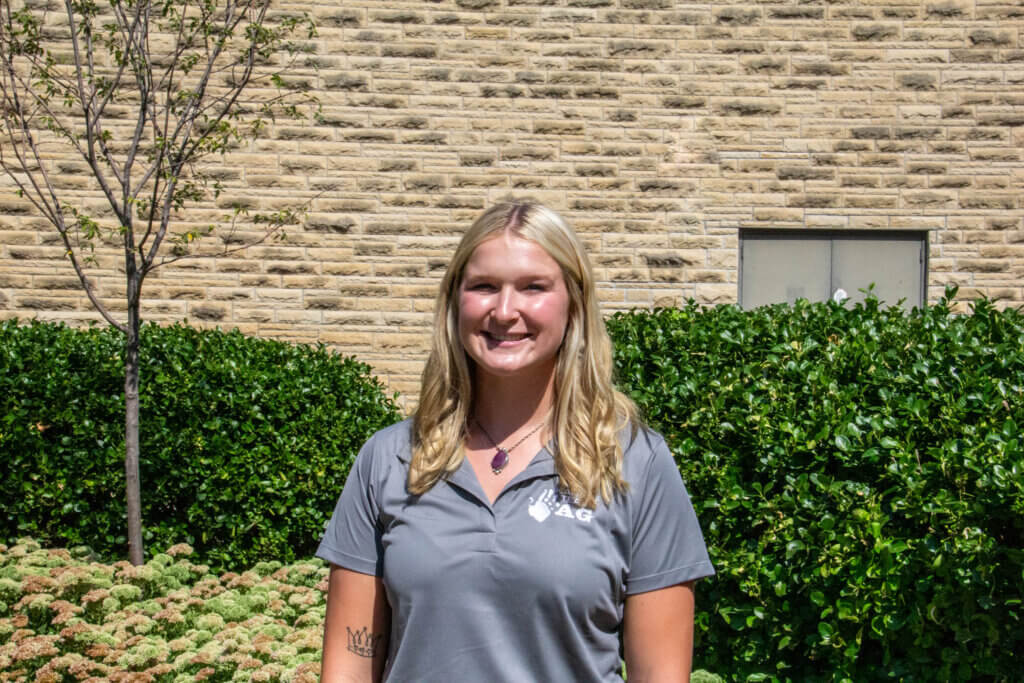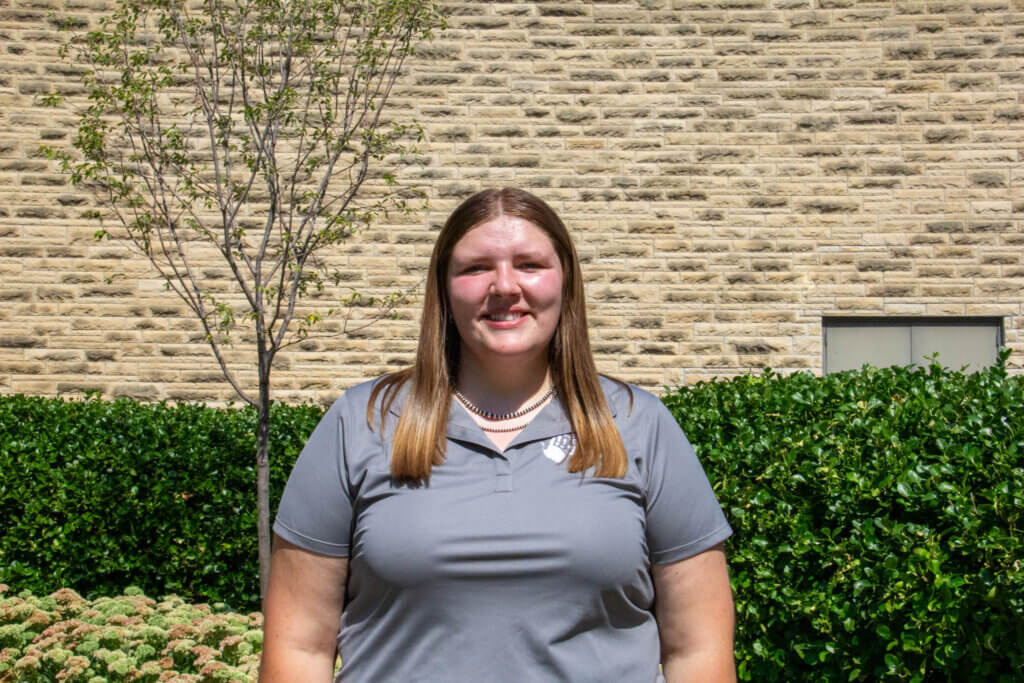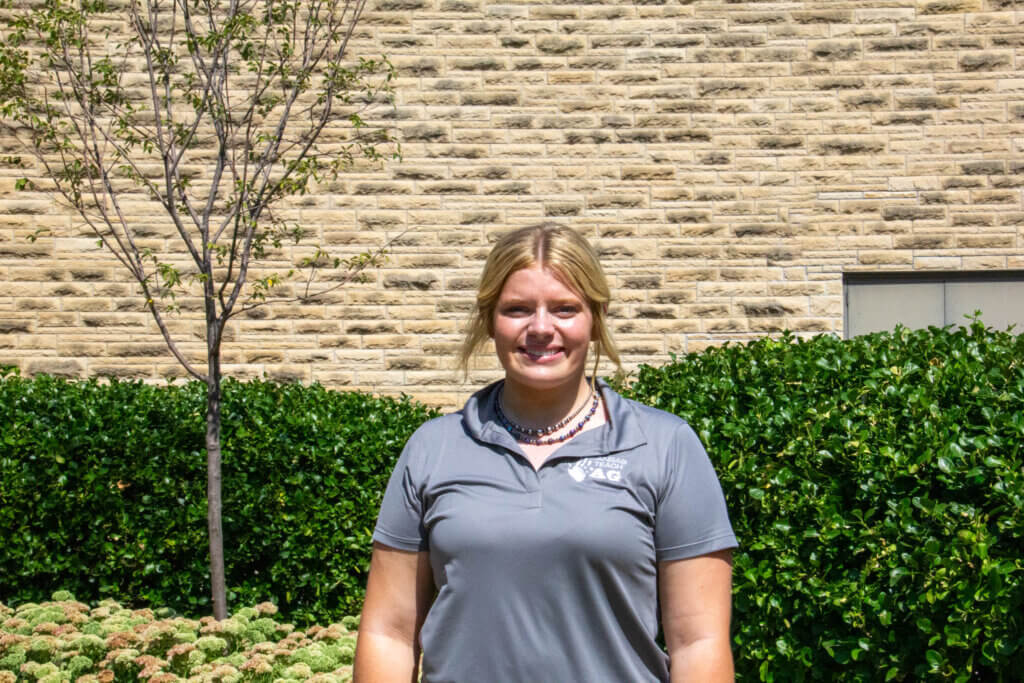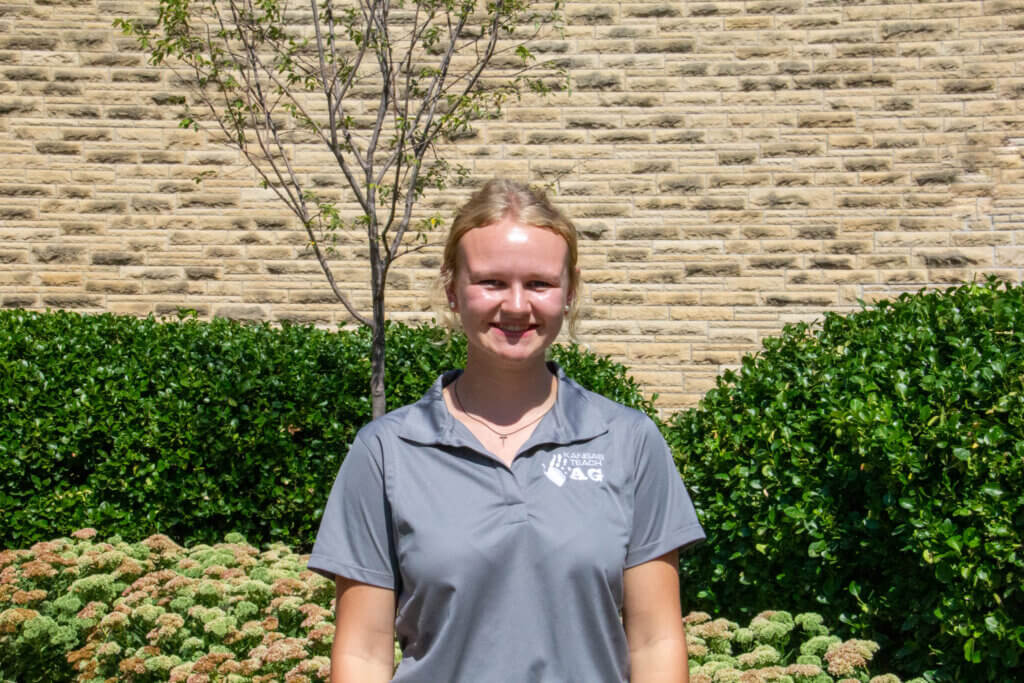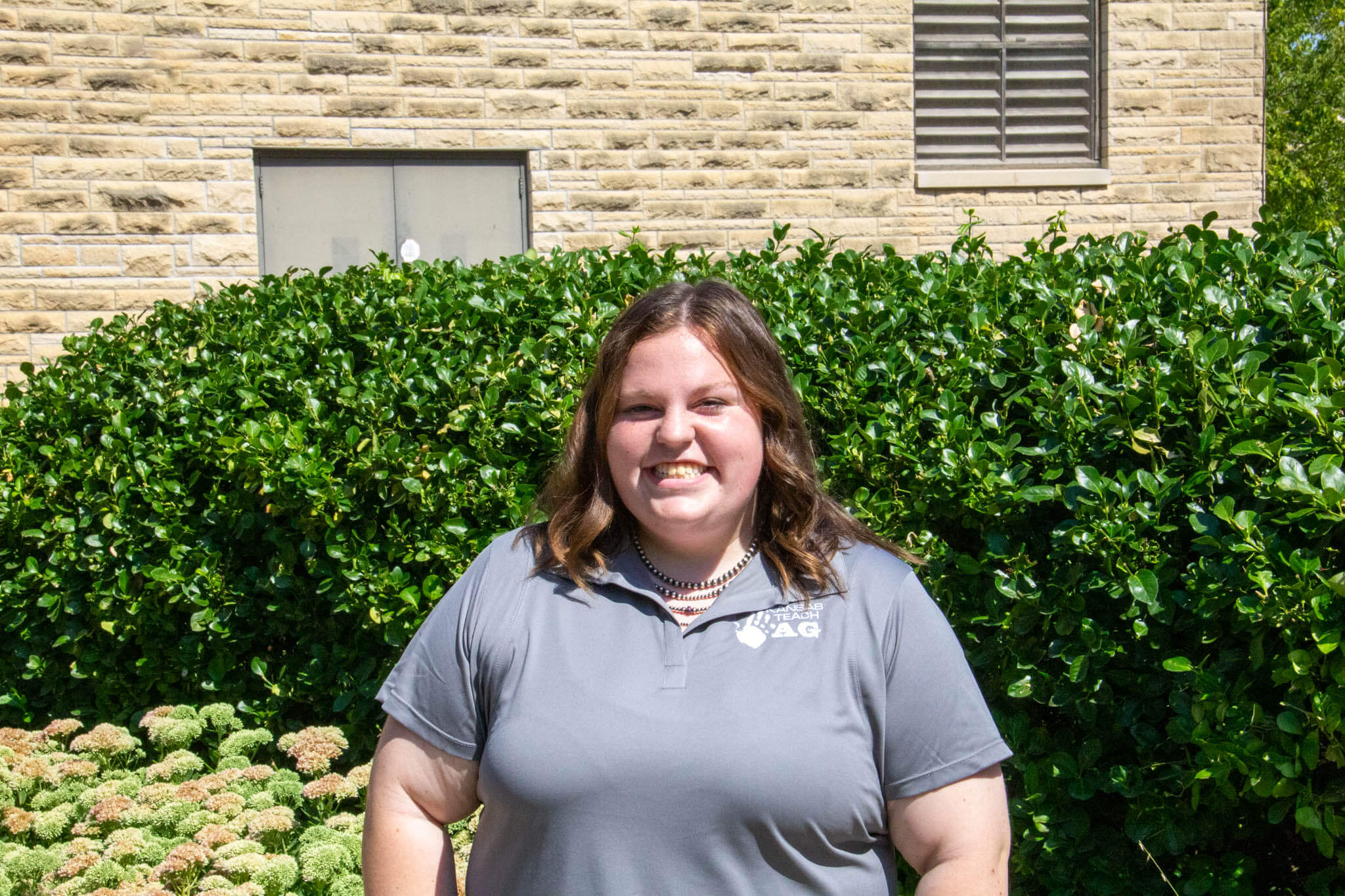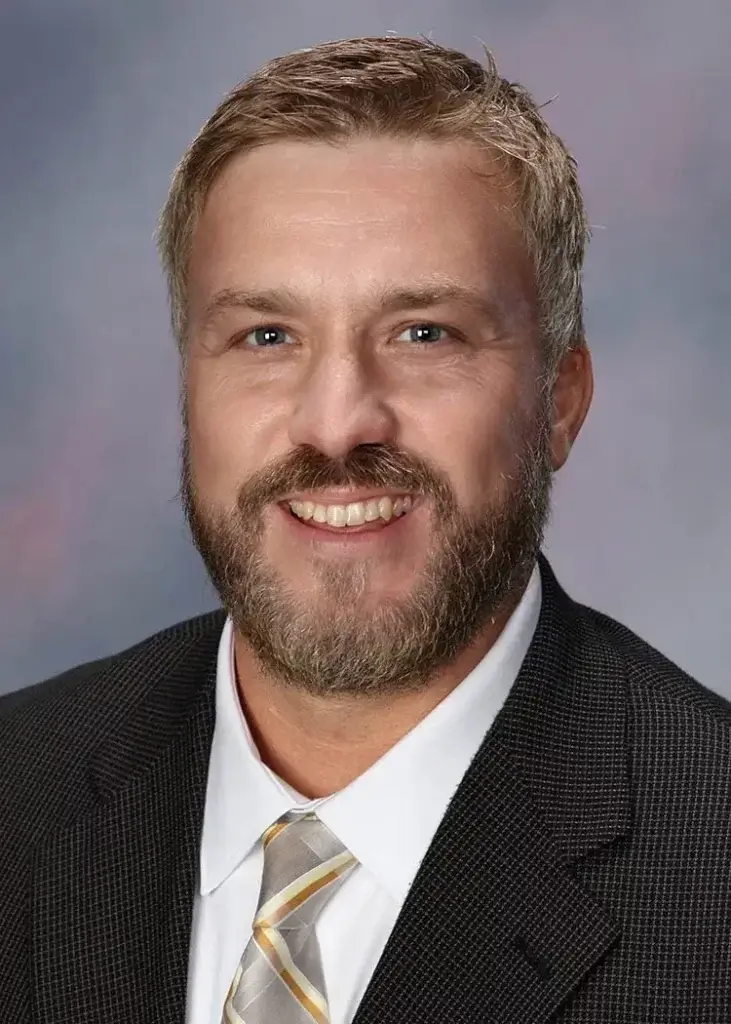Teach Ag Ed
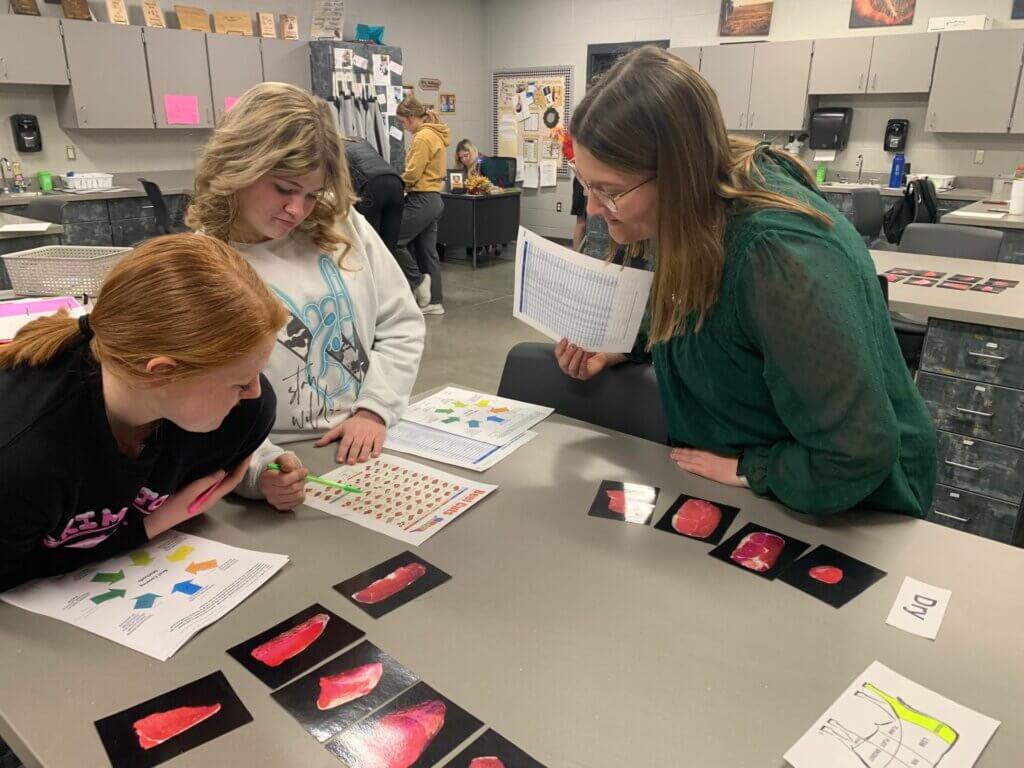
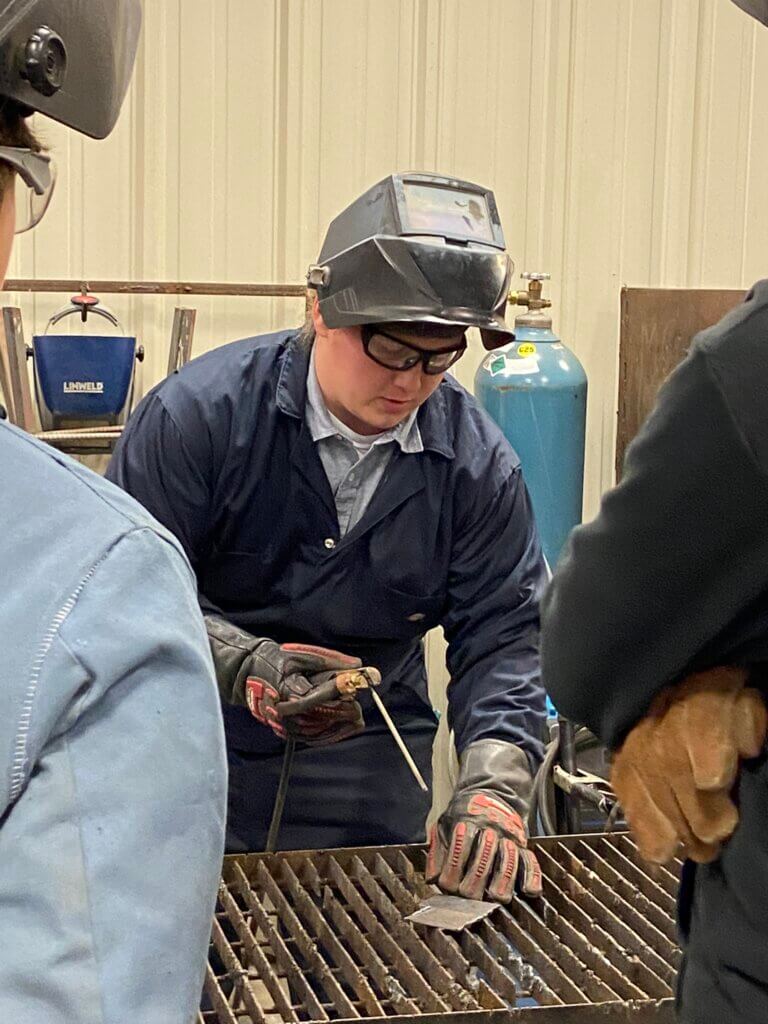

Why Teach Agriculture?
Ag teachers never have the same day twice! You can find them in a classroom or laboratory, visiting students in the field, preparing teams for an FFA event, or leading a community service activity with their FFA Chapter. They serve an essential role in their school and community. However, demand for agriculture teachers is much higher than the current and projected supply.
- Share your passion for agriculture
- Create hands-on learning experiences
- Connect with all students, including those who might not enjoy the traditional classroom environment
- Educate students about cutting-edge topics like biotechnology, precision agriculture, alternative energy, and more.
- Travel in-state, nationally, and even internationally.
- Attend State and National FFA Conventions for life
Agricultural educators are often on extended contracts, meaning they get paid during the summer months and have the potential to earn a significantly higher salary than other teachers.
How do I become an Ag Teacher?
Kansas State University
- Undergraduate Agricultural Education degree (traditional, on-campus)
- Masters of Arts in Teaching Certification (12-month, online)
- Teaching and Learning Graduate Certificate (with optional Masters degree, on-campus)
Fort Hays State University
- Undergraduate Agricultural Education degree, (traditional, on-campus)
- Transition to Teaching, Graduate Certificate (with optional Masters degree, 24-month, online)
Meet the 2024-25 Teach Ag Students of Kansas (TASK) Force Representatives
TASK Force Representatives are college students at either K-State or Fort Hays majoring in Agricultural Education. Representatives travel the state volunteering their time to the profession by judging contests, presenting workshops or helping to recruit future students into the profession! For more information, or to request a TASK Force member at your event email Dr. Brandie Disberger!
Looking for a position?
Take a look at the Ag Ed Vacancy Blog! Home to all Ag Ed Teaching and Extension positions in Kansas! Or, head over to the Kansas Teaching Jobs website where all teaching positions in Kansas are listed.



